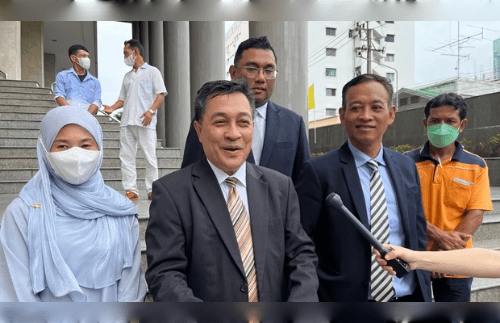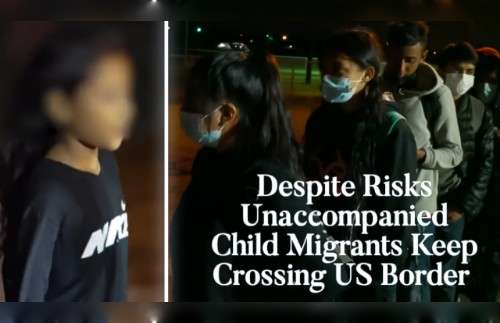Fifteen officials are under investigation for enabling gangs, amid growing public skepticism over official reports.
By Chen Zifei for RFA Mandarin

Authorities in the northern Chinese city of Tangshan say 28 people are being charged and 15 officials investigated in connection with the vicious beatings of several women at a barbecue restaurant in June.
The case prompted international headlines and domestic public anger after surveillance video of the incident showed four women who had been eating at a late-night barbecue restaurant being brutally attacked by a group of men in the early hours of June 10, after one of them harassed a woman, who flapped a hand at her harasser and fought back after she was slapped, prompting the others to join in to repel the man.
The attackers shoved the women to the ground, kicked them, threw a chair at them, and later dragged one of the women out of the restaurant to continue beating her outside. One was taken away on a stretcher with a visibly bloodied and swollen face.
The claim that the women sustained “minor injuries” was met with skepticism on social media.
Much of the outrage focused on the fact that nobody watching intervened to stop the subsequent, vicious beating of the women who fended off the initial assault, which left four women injured, two of whom were hospitalized with non-life-threatening injuries, police said at the time.
Rather than engage with public criticism of state-enabled male violence, the official response has focused on allegations that the attackers were members of a local organized crime gang with links to the local police department.
The Hebei Provincial Commission for Discipline Inspection said it was investigating 15 officials over corruption that involved “evil organizations,” including those associated with the attackers, the Associated Press reported.
They include the head of the Tangshan police department and officers from several police stations. Eight police officers have been detained in connection with the investigation, it said.
Meanwhile, the Tangshan state prosecutors said charges of ‘picking quarrels and stirring up trouble,’ robbery, illegal gambling operations and cybercrime activities had been brought against 28 people, including the men seen attacking the women in the video.
Police denied rumors of violent retaliation against the four women.
State broadcaster CCTV aired an interview with a woman surnamed Wang who was one of the victims.
“This man came in, said something at the bar, then he touched me, and slapped me when I resisted,” Wang said. “Several of them beat us up and told us not to call the police.”
Asked if she had been run over or chased by a vehicle since the incident, Wang replied: “No.”
The report also aired a televised confession from one of the people charged, surnamed Chen, who admitted to beating up “several women” at the Seoul BBQ restaurant in Tangshan on June 10.
The use of televised confessions has been widely criticized by rights groups and former detainees, who say they are heavily scripted and directed dramas played out under coercion, often under the threat of abuse or detention, or the threat of harm to the detainee’s loved ones.
Widespread skepticism
The CCTV report prompted widespread skepticism on social media, prompting calls for individual livestreams from the women concerned, with others asking why the authorities were only now moving against gangs in Tangshan, if they had been operating for 10 years already.
Beijing-based political commentator Ji Feng said he shared the public skepticism around the official narrative.
“There are two possibilities here: one is that this woman is a fake, and the other is that it’s really her and they wouldn’t let her speak out, or if she did, they didn’t put that in the report,” Ji told RFA.
“That report only contained what the government wanted people to hear.”
Ji also took issue with the apparently lenient charge of “picking quarrels and stirring up trouble,” when applied to the violence seen on the surveillance footage.
“They beat someone half to death and that’s supposed to be picking quarrels and stirring up trouble?” he said. “The report also avoids talking about the umbrella of protection extended [to the gangs by police].”
Political commentator Wu Qiang said corruption is endemic throughout local government, so police protection for criminal gangs is the rule, rather than the exception.
“People feel the local government is totally supine, with all of its energy and financial resources directed towards unnecessary prevention and control measures,” Wu said.
“High crime rates and unemployment have left society in a state of unprecedented unrest,” he said. “Social problems are at a critical phase, what with Tangshan and the chained woman [in Jiangsu’s Feng county] earlier [this year].”
“Meanwhile, ongoing anti-corruption campaigns have yielded zero benefits to the public, meaning … that people doubt what the commissions for discipline inspection are achieving with all of these cleanup campaigns one after the other,” Wu said.
Translated and edited by Luisetta Mudie.
Copyright © 1998-2020, RFA. Used with the permission of Radio Free Asia, 2025 M St. NW, Suite 300, Washington DC 20036. https://www.rfa.org














